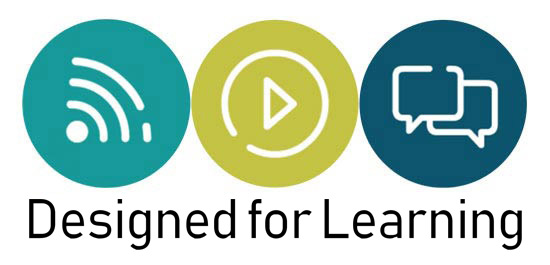25 May Articulate UK Users Conference 2011
Last week I spent an excellent day at the University of Leeds sharing Articulate tips and tricks with 70 other UK based users. This is actually the third event of its kind – I completely missed the others in 2009 and 2010!
The day is the brainchild of Dragos Ciobanu from the University of Leeds Development Support Unit supported by his team; Carol, Jade and Michelle. The University of Leeds currently has 212 user licenses of Articulate Studio – quite an impressive investment!
Here are some of my observations on the day:
The eight minute rule – apparently this is the maximum attention span in front of a piece of e-learning. When I first started developing e-learning an hour was the standard length of an e-learning programme. Today clients generally want something that is no more than 20-30 minutes but even I have recognised that 10-15 minutes is more popular with time pressed learners. Maybe we really do need to break things down into even smaller easily digestible chunks but it’s also possible that we are confusing learning with information access. There is an argument that good learning is actually slow learning (article to follow on that).
Graeme Youngs repeated a message I have been telling clients and people on my Articulate courses – if something already exists as a document don’t rush headlong into putting all that content into your e-learning. Simply introduce the resource, explain why it’s important and provide it either as an attachment (file) or as a link (web based resource). Finally – if appropriate – test them on the content. All done in two slides plus a Quizmaker quiz! As well as saving heaps of time, if the resource changes it’s less likely to affect your e-learning.
Steve Rayson from Kineo walked us through some really nice examples of Articulate developed using primarily PowerPoint and Engage and Quizmaker. Even pro e-learning companies keep things simple sometimes. One challenge he talked about specifically was ‘page wait’ due to poor corporate networks. That rings true with my own experience – people really don’t like to wait for the ‘spinning wheel’ too long while an Engage interaction with lots of embedded media loads up. As far as a collaborative authoring environment is concerned he was less enthusiastic about using Articulate. I have to agree – working on big collaborative projects is not a perfect application of the Articulate ‘workflow’. Kineo use CourseBuilder but you could also use Mohive or ContentPoint (ex Atlantic Link). Steve also mentioned ‘art direction’ which is key for getting a consistent look and feel – especially in a corporate branded environment.
Matthew Lloyd from Omniplex took us through the complexities of ADDIE as it is applied to developing e-learning. Ouch! I do believe a development methodology can help but ADDIE needs serious simplification for the type of rapid authoring environment at which Articulate is targeted.
Don Freda from Articulate gave us a demo of the pre-beta version of Storyline. It looks really good but is probably not the Studio killer I was hoping it would be. More in a separate article to come.
Tony Lowe from Webducate talked about Articulate skins. Tony and his partner Rachael run Webducate which develops Articulate skins and also Flash interactions such as Dragster.
We had an interesting presentation from Richard Windle from the University of Nottingham on ‘Open Resources in Education’. Think universities adopting the ‘freemium’ model. Why? Because sharing helps promote their areas of expertise and because most of what they do is publicly funded, so providing some resources back to society is a natural thing to do. He also shared some interesting results from feedback from e-learners. Apparently both bespoke Flash work and work developed using just the Articulate tools were pretty equally liked by learners. So the message is think twice before you spend all that cash of expensive Flash. However there are some circumstances when the bespoke solution is the best for the learning experience.
In the afternoon there were some 5 minutes slots – one of which I gave on 10 gripes with Articulate. I’ll post my presentation with voice over is a later blog post.
Robert Cochrane from the University of Leeds Engineering Department also gave a really interesting talk on using online learning to get MSc students up to flying speed. Thought this was a really creative use of online learning to prepare students for the full-on lecture room experience.
And did I learn anything? Yes here are a few things I learnt:
Sometimes it’s OK to let learner’s wander around a learning resource (some of the Leeds programmes adopt this ‘learn what you need approach’).
Articulate ‘web objects’ can be used for variety of clever things – certificates, forms or even micro-web sites designed specifically as part of the course.
The simplicity of Articulate causes lots of ‘workarounds’ to be employed and this actually fosters creativity and lateral thinking.
And finally…I can’t wait to have a play with the beta version of Articulate Storyline!
See you in Leeds next year.
Useful Links:








Зарегистрируйтесь, чтобы получить 100 USDT
Posted at 23:32h, 19 AprilThanks for sharing. I read many of your blog posts, cool, your blog is very good.